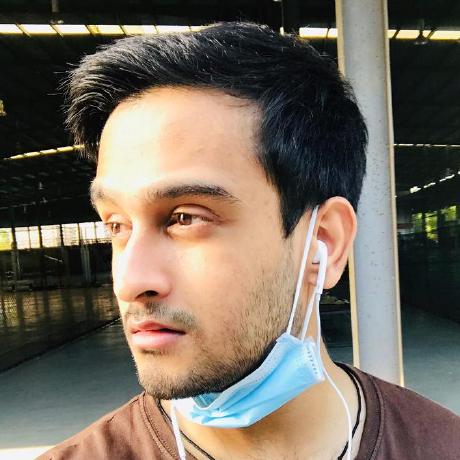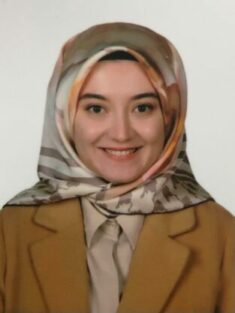Our Team


Dr Khan is interested in the area of biological data warehousing and applications of data science to the study of immune responses, vaccines, viruses, venom toxins, drug design, and disease biomarkers. He has thus far published more than 75 peer-reviewed research/review journal articles, conference articles/abstracts, book chapters, books, and over 58 posters presented at numerous scientific platforms. Over the years, he has developed several novel bioinformatics methodologies, tools, and specialized databases, and currently has three patents granted. He is also heavily involved in imparting bioinformatics/data science education to undergraduate and postgraduate students. Besides a heavy focus on research and education, he is particular in giving back to the community through involvement as a reviewer for numerous journals, conferences, and funding agencies, and has donned various important roles in the organization of several local and international bioinformatics conferences, meetings and workshops.
Ts. Muhammad Farhan Sjaugi is a Senior Lecturer at School of Data Sciences – Perdana University, Malaysia. He obtained a Master of Science in Computer Network from Universiti Putra Malaysia. Ts. Sjaugi has been instrumental in the development of e-science/research infrastructure in Malaysia. He was the technical coordinator of the Malaysia National Grid Computing Infrastructure (Academic Grid Malaysia), the co-founder of Certification Authority for Research and Education (MYIFAM CA) and Malaysian Identity and Access Federation (SIFULAN), and the key person for the establishment and development of Education Roaming (eduroam) Malaysia. Mr. Sjaugi formerly served as the Executive Committee of the Asia-Pacific Bioinformatics Network (APBioNet), and as the chair of the South East Asia Chapter of the International Desktop Grid Federation. As a member of several regional technical task forces (e.g. APAN TF-IAM, ASEAN FILM), Ts. Sjaugi is actively contributing to the development of Identity and Access Federation in the region by developing rapid deployment tools, conducting training, and building several use cases.
Being an Engineer at heart, Shan’s passion for problem-solving started fairly early in life, and it was this passion that would inevitably lead him down the road of computer programming and software engineering. However, having come from a family with strong exposure to the life sciences, he was always fascinated by the human body. The intricacies and fine balances that keep us alive, day in and day out are genuinely what excites him even to this day. In 2019, he graduated with a Bachelor’s Degree in Biomedical Science (Hons) from the University of Nottingham, UK. While pursuing the degree, he worked part-time as a software engineer, which allowed him to continue to hone his skills as an engineer. This was a key turning point in his life, as this would be where he discovered the field of Bioinformatics; a field he knew he could make a difference, given his skill set. In 2021, he graduated with a Master’s Degree in Bioinformatics from Perdana University School of Data Science, Malaysia with a whole new perspective to life science research; one that went hand-in-hand with computer science. He believes Computer Science, Machine Learning, and AI will play an increasingly important role in life science research in the coming years. It is with this thought that he is excited to be a part of this competition. Some of his current work involving dabbling with the field can be found here: https://github.com/ShanWeera.

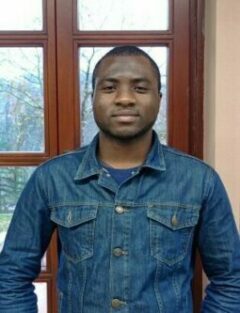
Muhammet Celik (34 years old) was very much into programming and computer science during his high school, when he had his first exposure to the field. Since then, he had participated in programming competitions. In his senior high-school year, he came across an article that was about Bioinformatics, which caught his fascination on how biological analyses can be done through programming. He went to Malaysia to pursue his interest in this field, with University of Malaya, since there was no bioinformatics undergraduate programme offered in Turkey then. Upon returning home, he worked on various projects to contribute towards the development of the field in the country. His general interest lies in developing and applying computational methods and algorithms to analyze large collections of biological data. At the moment, he is working under the supervision of Visiting Professor Dr. Mohammad Asif Khan at Bezmialem Vakif University, Istanbul, for a government funded research project to develop a platform for a real-time comprehensive study of viral proteomics. In this project, he has built a software, MoSwA, to help study the viral diversity dynamics (https://github.com/macelik/MoSwA). Concurrently, he helped in managing the HPC server at the institute from scratch. He has completed his MSc studies (Biotechnology) at Konya Food and Agriculture University. During his spare time, he contributes to community efforts by NGOs.
Rashid Mukaila had his bachelor’s degree in Information Technology (I.T) during which he was keenly interested in operating systems design, management information systems and algorithm design. He has real life experience in network administration and web development (on contract). He is currently in the final year of his MSc. Informatics at which he focused mainly on taking formal courses in Deep learning, Data mining, and management information systems. At his leisure time he enjoys meditating on and brewing inventive and innovative ideas in technology and physics, on a nearly daily basis. He is currently working both as a TÜBITAK (Scientific and Technological Research Council of Turkey) scholar as well as other accompanying projects at Bezmialem Vakif University, Turkey.
Esra Büşra Işık had her BSc degree from Molecular Biology and Genetics Department at Istanbul Medeniyet University. She started her MSc at Gebze Technical University at the Bioinformatics and Systems Biology Department. Currently, she works as a Research Assistant at Big Data and Bioinformatics Lab at Bezmialem Vakif University. Esra is very much interested in omics and their potential for deciphering the code of life.
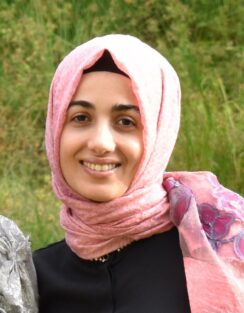
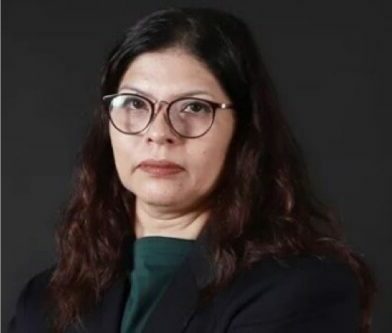
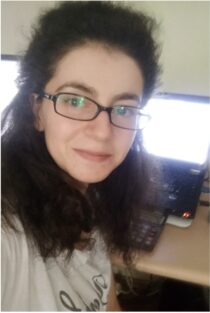
She joined the ViVA research group in 2020 and is a member of the scientific team. She is a PhD scholarship in the ViVA Project at BILSAB. Having experiences in both wet- and dry lab, she helps to contribute scientific aspects of ViVA research. She explores the recent advances in viral research area in order to improve ViVA modules.Her main research focus is to understand the genomic alterations in RNA viruses, especially the West-Nile Virus. She is interested in big data analysis and protein-protein and protein-ligand docking.
She joined the ViVA research group in 2021 and is a member of the scientific team. She is a reseracher at BILSAB. Having experiences in both wet- and dry lab, she helps to contribute scientific aspects of ViVA research. She has considerable experience in structural bioinformatics and has a keen interest in drug design and development.
Gökçen started work at BILSAB, BVU as a technician in November 2020, also joined the ViVA research group and became a member of the scientific team. Meanwhile, she completed her master’s degree and started PhD. She continued her work on the project as a TUBITAK doctoral fellow in October 2021. She contributed to the Vaccine Target Analyser (ViTA) and led the Diagnostics Target Analyser (DiTA). She also worked on Dengue Virus protein sequence diversity as an extension of the VIVA project. She mainly focuses on informatics studies in the field of genetics and machine learning.
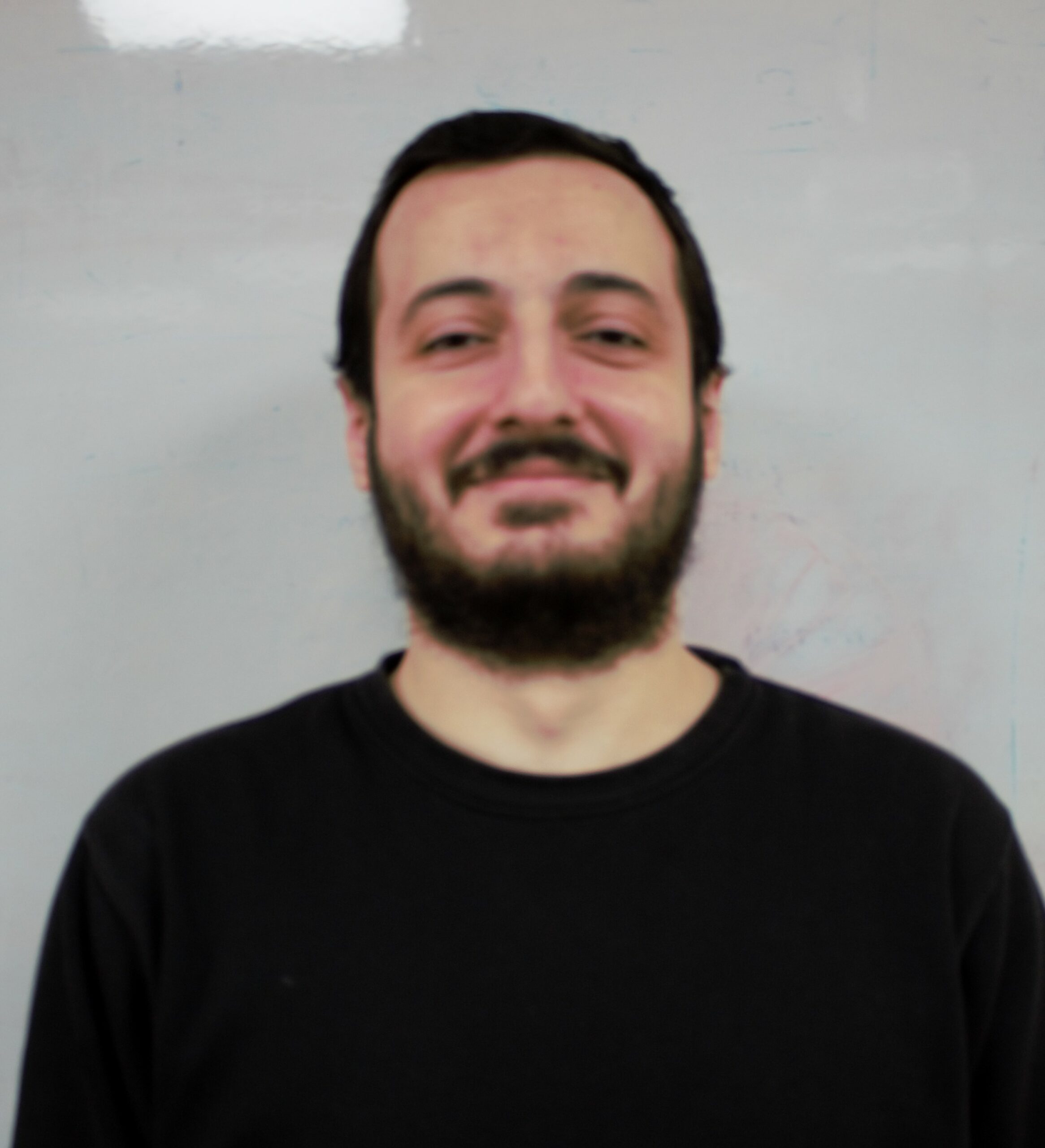
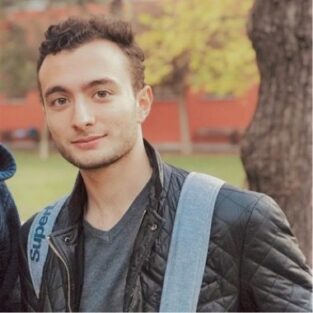

He joined the ViVA research group in 2021 and is a member of the User Team. He is a medical student who is doing an internship at BILSAB. He is gaining hands-on experience in several bioinformatics projects and contributes testing of ViVA modules. His main research focus is to understand the viral sequence diversity, especially for the emergent viruses, with a focus on Chikungunya Virus. He is interested in developing analysis methods for studying the genetic and epigenetic basis of human diseases.
Miran is an M.D. student at Bezmialem Vakif University . Computer-assisted drug discovery, human genetics, and viral genomics are among his scientific interests. Miran has pioneered various initiatives in Khan’s lab, and he recently founded his own bioinformatics startup company, “BioAct.”

She joined the research group in August 2021. She is an undergraduate student with dry lab and programming experience. Currently, she is working a BS in Bioinformatics. She is part of the team that develop the Diagnostics Target Analyser (DiTA)

